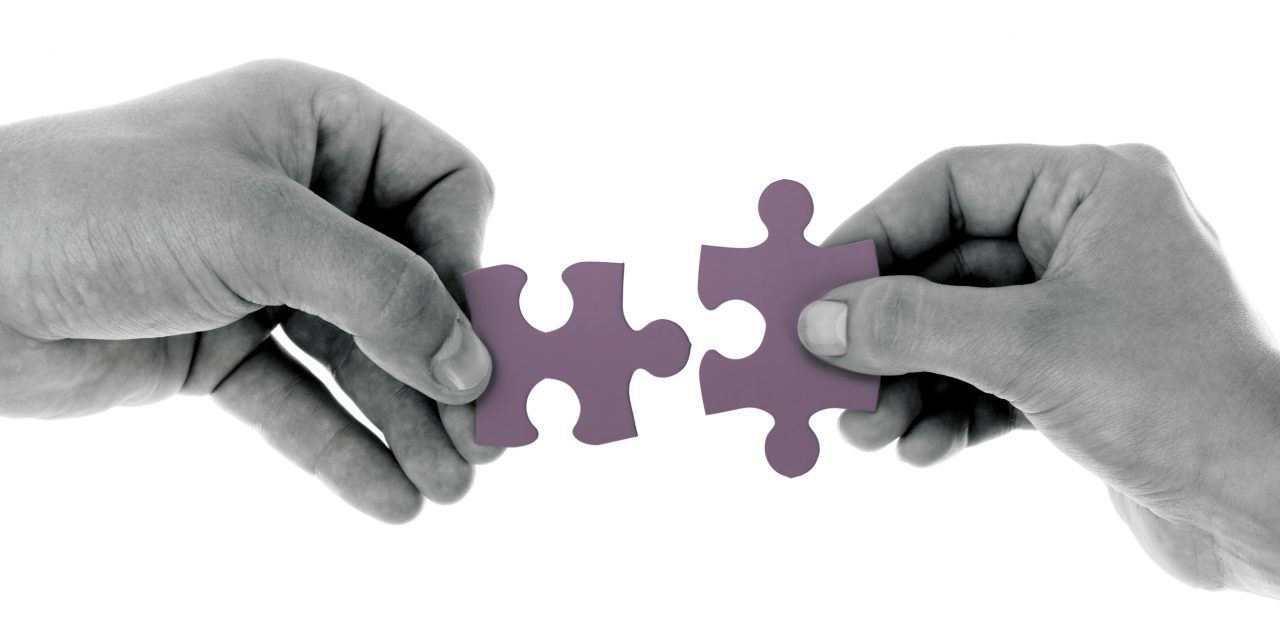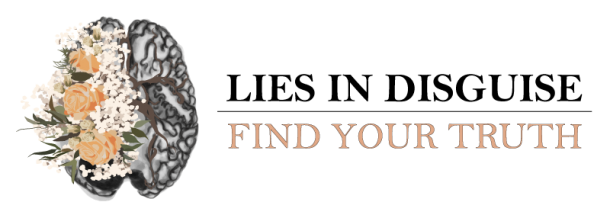What are symptoms?
Symptoms are physical or mental changes that indicate a certain disease or disorder. In this case, behaviours can be a symptom. Always with any symptom, there is an underlying cause.
The behaviours that are associated with Borderline Personality Disorder are also symptoms. These “symptoms” characterize the disorder, though each behaviour is not the disorder itself.
The symptoms or behaviour’s themselves can create problems but are not the main problem.
Examples of behaviours or symptoms:
- Alcohol and drug abuse
- Promiscuity, sex
- Gambling or excessive spending
- Self mutilation, cutting
- Suicidality
- Reckless driving and/or other dangerous activities
We all have our vices, our outlets, and they all serve the same purpose. These behaviours are ways of self avoiding and self medicating, in order to cope and numb difficult emotions.
Emotions and physical sensation’s could manifest in the body as rapid heart rate, perspiration, shortness of breath etc. and act as warning bells or alarms that something is not right. What happens is that a part of your brain becomes activated, perhaps perceiving fear or triggering an old wound such as abandonment. The more you avoid, the louder the alarms will sound in the near future. What you feel is your body pleading with you to deal with this.
Because of the intensity of these emotions and scale of physical sensations, it is a challenge to think logically in the moment. What happens with these inappropriate behaviours is that, instead of thinking, you’re reacting. Lack of self awareness is not often a choice we make; it actually has to do with brain function. Your brain can revert to the pathway it has always taken, even if that means to an inappropriate, or dysfunctional behaviour. Whether that is fleeing to the bar on autopilot or some other coping strategy, at that moment, it may seem like you have lost the ability to react any other way.
The key is to prevent yourself from getting to that moment. Once you’re there, it is already too late- you have already jumped off the cliff, so to speak. You are now free-falling and awaiting your impact with the ground.
How can we work towards preventing such disasters? By developing new healthier coping skills. Some things work better than others so what worked for you may not work for someone else. Skills taught through Dialectical Behaviour Therapy is a great tool but needs to be put into continuous practice if it’s to create new brain pathways.
Another tool is Psychoanalytical therapy conducted by a professional in order to revisit and resolve original child hood traumas. Too, I highly recommend grounding exercises after any type of self exploration, as this can help your body to reconnect with yourself to prevent autonomic responses and disassociation.
The skills training and therapy can, and probably will take years of practice. Be patient and compassionate with yourself, as you will experience set backs.
In many cases this can mean life or death so I urge you to never give up trying and investing the time, work and energy into your self improvement.
Warm Regards,
Oriana
xo
Keep healing, keep growing, keep finding your truth.









Recent Comments